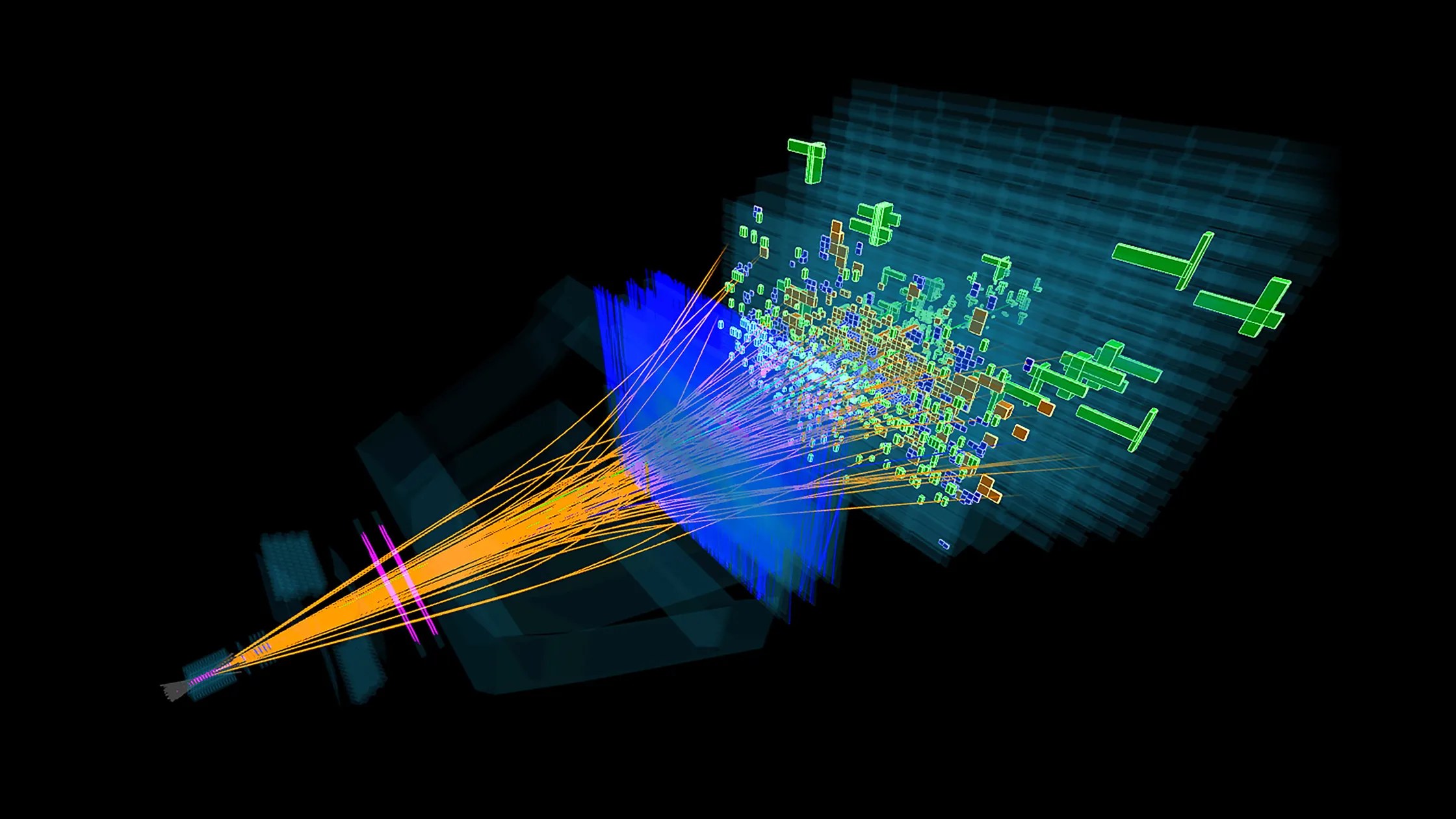For all the hype and controversy surrounding the low-carb diet, we often forget that carbohydrates are a relatively recent invention with results that have been increasingly negative.
Question: How healthy is the low-carb diet?
Jonny Bowden: How healthy is a low-carb diet? Well, here’s the interesting thing. We talk about low-carb diets as if they are a fad diet. But in fact, the diet we are on is the biggest fad diet ever invented. For the 2.4 million years that the human genus has been on the planet, we did eat mostly a lower carb diet. We didn’t have agriculture until 10,000 years ago, so we basically ate from what I like to call the “Jonny Bowden four groups” which are foods that you could have hunted, fished, gathered, or plucked. So, we didn’t even really have growing until agriculture was invented. And we certainly didn’t have a grain-based society, and we certainly didn’t have processed carbs. So, basically this diet we’re told to eat, which is about 60% carbohydrates, is a very, very modern invention. And if you look at the results of it for the last 2, 3, 4 decades, they have not been good.
So I don’t really think of a lower carb or a controlled carbohydrate diet as a fad diet. I think of it as a much closer to the diet that we were kind of meant to run on. That does not mean we should eliminate carbohydrates from our diet, but it does mean we should really focus on carbohydrates that come from natural sources, from whole foods that don’t come with bar codes, that aren’t processed, and that don’t have sugar in them.
Question: What is the link between calorie restriction and lifespan?
Jonny Bowden: Calorie restriction has been shown in every species studied. And this goes from yeast and fruit flies to Reese’s Monkeys. Calorie restriction has been shown to extend life. There’s a lot of complicated reasons, a lot of hypotheses for why it does that, but the fact that it does that is not really in dispute. Now, when we talk about calorie restriction, people get very confused because what does that really mean, how much do I need to restrict. So, you’ve got to start with the premise that we’re all eating about a ton more calories than we need. And if you can reduce what you’re eating now by even a-third, a quarter, several things will happen. One is, it’s a lot less burden on the body, there’s a lot less insulin secreted, which has definitely got some connection to aging and certainly to things like metabolic syndrome and heart disease and diabetes. There’s a lot more chance you will be able to control your weight. So, calorie restriction doesn’t really have to be this horrible life of deprivation and there’s a calorie restriction society where they count ever gram of every thing, and they’re all very thin and they don’t look very happy, but they are very healthy. I don’t think we need to necessarily go to that level of commitment to get a lot of the benefits of just cutting back.
One of the things I talk about in The Most Effective Ways to Live Longer, is the strategy that comes from Okinawa. And they have a saying there and it’s called, hara hachi bu. And what it means is, push your butt away from the table when you’re about 75% full. Most of us eat too fast, so we don’t even give our bodies time for – there’s a hormone that’s made in the gut called CCK, it goes up to the brain and says, “Hey dude, you’ve had enough to eat.” Well, most of us eat so fast, we don’t even let that message get to the appetite centers. Slowing down, eating a little more mindfully and maybe pushing away when you’re about three-quarters, pleasantly full. You don’t really have to be stuffed. That is an enough of a calorie restriction strategy to get a lot of results with it.





